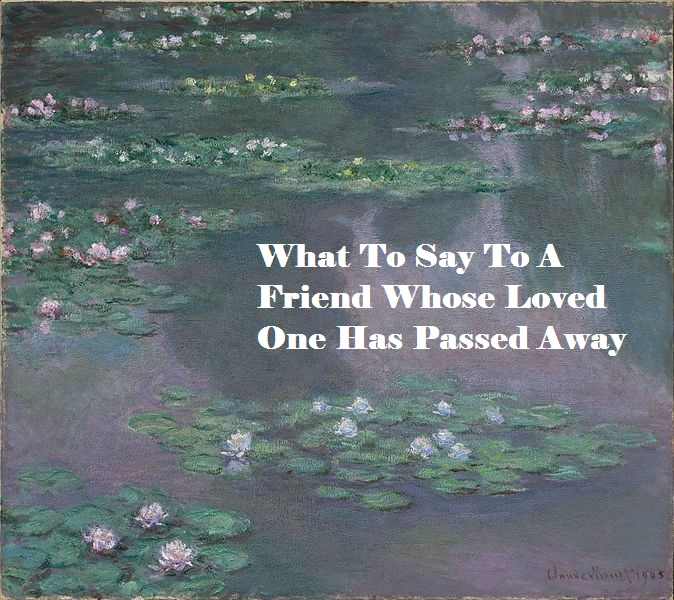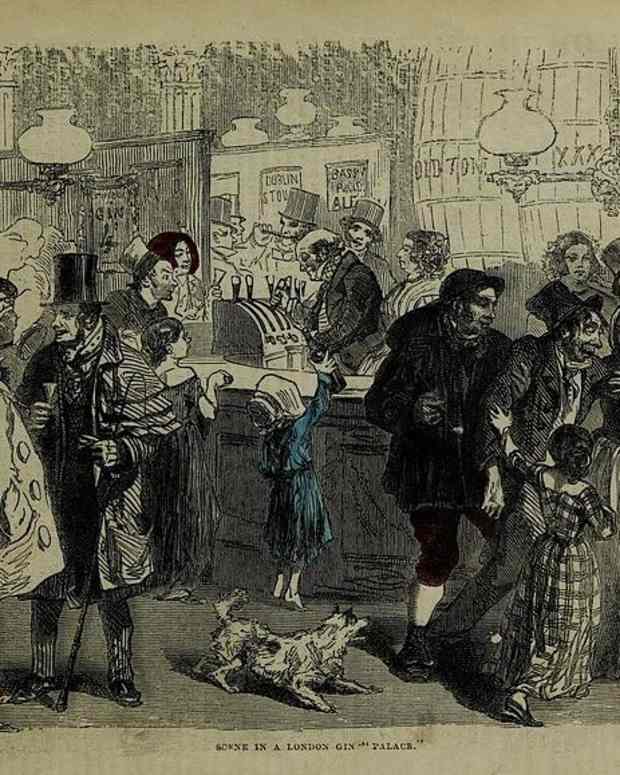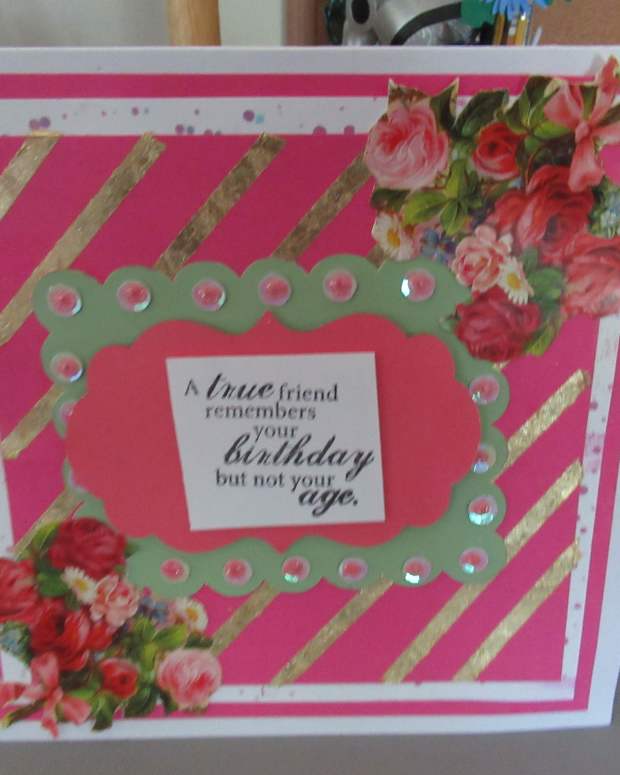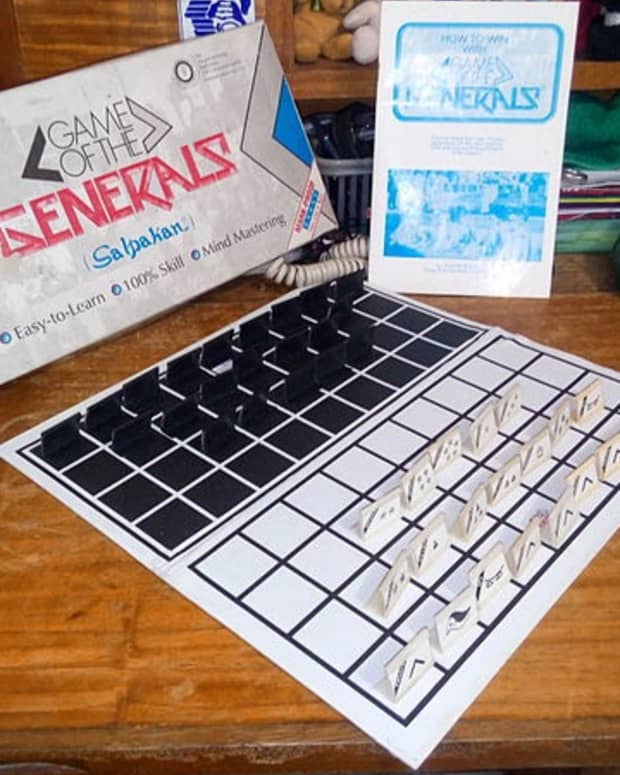Words of Sympathy: What to Say When Someone You Know Faces a Loss

If you are struggling for what to say to a friend who is grieving over a death, here are some ideas.
What to Say to Someone Who Lost a Loved One
It is hard to know what to say to a friend who is facing the death of a loved one. We all hurt for them; some of us know how it feels to lose someone we love.
The pain is intense; the grief comes and goes. Confusion, anger, and depression may all be a part of the process.
What can you say and do for someone who is facing the loss of a loved one? Here is a list of helpful phrases that will provide comfort—and also a list of what NOT to say (and why).
Loss of a Parent
We all realize that in the natural order of things, our parents will likely precede us in death. Even with this knowledge, losing a parent is rarely an easy experience, whether they die peacefully from old age or face an illness that takes them at a younger than expected age.
Comforting a friend who has lost a parent is important. Here are some things you can say to help your friend. Adjust to match your own experience and memories:
- Offer a concrete memory:
I remember how Jean would always have cookies ready for us after school. She always made the best chocolate chip cookies in town.
He loved his woodworking so much. I still have a birdhouse that he made me.
- Offer a funny anecdote:
I remember the time we all went to the beach and the truck got stuck in the sand. I think she worked for hours to get it out, and we still had to call a tow truck.
I remember when he used salt instead of sugar when he tried to bake your mom a cake. It was so funny to watch everyone try to eat it anyway.
- Offer a simple but personal expression of sympathy:
She was a wonderful influence on so many people.
He will be greatly missed at church. He was there every week.
Her graciousness and kind heart will never be forgotten.
People like to hear concrete memories of their loved ones. However, if you did not know the parent at all, here are some basic sympathy quotes you can say.
- Simple sympathy expressions:
I'm sorry for the pain of your loss.
I know you miss him. I'm very sorry for your pain.
Sending comfort and peace to you in this time of pain and loss.
These expressions can be used in any situation where the person your friend lost is not familiar to you, but you still want to offer words of comfort to them.
Loss of a Spouse
Losing a spouse can be a very difficult experience. If the married couple has been together for many years, the sudden emptiness and change in routine can be very jarring for the partner that is left.
You can use any concrete memory, funny antidote or simple expression of sympathy. Adding to that list are sympathetic remarks that refer specifically to the couple's relationship.
- Sympathy expressions that refer to a partner loss:
I remember the day that you got married. Jack was so nervous I thought he was going to pass out.
We always loved meeting the two of you every month for breakfast. Susan always made the early morning delightful.
You couldn't talk to Bob for more than five minutes without him talking about how wonderful of a partner/wife you are.
Loss of a Child
When someone loses a child, it is a very traumatic experience. In the natural order of things, the parent almost always expects to pass away first. Whether the child is young or grown, it is important to handle your condolences to the parent sensitively.
I once went to the funeral of a friend who died as a middle-aged adult. Though I did not know her parents, her mother would come through the room, talking to everyone, finding out how they knew her, and then she would simply say: "Tell me a story about her."
She wanted concrete memories and experiences we all had and to understand how her daughter had touched each of our lives.
Any of the basic condolences will work. But if you knew the child, you can provide concrete memories or details about them.
- Talk about good memories:
I remember when Jane would get off the bus every afternoon and how she couldn't wait to get home to you.
Joel always had such a wonderful smile and made everyone feel happy when he was around.
Annie was such a hard worker; you knew that if you asked her to do something, it would be done on time and be perfect. We knew we could rely on her.
Loss of a Family Member
Any of the basic condolences work for the loss of a family member. If you know that the person had a special relationship with that family member, it's a good idea to acknowledge and appreciate that.
- Talk about what they meant to your grieving friend:
I know that you spent every summer with your aunt. I remember you talking about how much fun it was to go to the beach every day with her.
I know that your cousin Charlotte was just like a sister to you. I know that you cherish the special relationship you had.
Your brother Carl always looked up to you and admired you. We always said that he wanted to be just like his big brother.
Send a Card or Flowers
It is definitely appropriate to send a card or flowers to a grieving friend. Both should be colorful and happy and could reflect one of the sentiments discussed in this article. Try to include a personal note to let them know they are in your thoughts and that you acknowledge and understand their grief.
What Not To Say
Just as we are all struggling with the right things to say when someone is hurting from the loss of a loved one, there are specific things that you should not say.
We all struggle in uncomfortable situations, and we feel empathy for a friend that is hurting. Being careful about how you word your sympathies will make you feel better and keep you from sticking your foot in your mouth.
Here are some words that many of us have an impulse to say—but should probably not.
What NOT to Say to Someone Who Is Grieving
| What Not To Say | Why |
|---|---|
"I know exactly what/how you're feeling right now" | First, it's not helpful. Knowing what they are feeling doesn't ease the pain. Also, no you don't know exactly. Everyone's experience of loss and relationships are different. |
"There's a reason for everything that happens." | Be very careful about this, especially if you don't know your friend's religious beliefs. Also this is not comforting. It seems unreasonable for their loved one to have suffered or to have been sick. |
"He/She has gone to a better place." | Again, make sure you know what your friend's beliefs are for afterlife. Also remember that at the moment, your grieving friend likely feels that the better place would be with them. |
"At least he/she lived a long and full life." | Again, loss is loss whether they are old or young. And a long life just allow us more time to be attached and to miss everything they meant to us. |
"Call me if you need anything." | This is an empty platitude. Instead, do something concrete. Call them in a few days and ask if they want to go out to breakfast with you. Take them food or a gift card to a restaurant. Finding concrete ways to show you care and being proactive is best. |
"You'll move on in time." | Well of course they will but knowing that doesn't help the pain they are facing now. |
"I know you did everything possible for them." | This does nothing but reinforce guilt for those that were caretakers. Everyone second guesses decisions after a loved one passes. Don't add to it. |
Reach Out
If it is at all possible, reach for concrete memory or acknowledgement when you are consoling your grieving friend.
Part of the pain of losing someone is trying to cope with the void, hang onto the memories and make sure people know that the person that they loved mattered.
Reach out, and don't be dismissive of their pain and grief. A good friend can help someone through the process by validating their pain and acknowledging the special relationship they had with their deceased loved one.
This content is accurate and true to the best of the author’s knowledge and does not substitute for diagnosis, prognosis, treatment, prescription, and/or dietary advice from a licensed health professional. Drugs, supplements, and natural remedies may have dangerous side effects. If pregnant or nursing, consult with a qualified provider on an individual basis. Seek immediate help if you are experiencing a medical emergency.
Comments
Judy Specht from California on June 24, 2014:
Writing good memories is a wonderful idea. Sometimes words are not necessary. Just being there with a hug is good too. It takes work not to say the wrong things.
L C David (author) from Florida on April 14, 2014:
Thanks for sharing firsthand about how memories, cards and flowers are appreciated and help the family in their grieving process. It helps so much to know that your loved one was cared about and left lasting impressions on people.
Denise W Anderson from Bismarck, North Dakota on April 14, 2014:
These are great suggestions. We recently experienced the death of my husband's mother. At first, there were no condolences specifically for us, then later, after the immediate family was comforted, people started to reach out to us. I have received all of the "do not" list, and agree wholeheartedly that these expressions were of no help at all. Those who knew her and have shared memories have been most helpful. Cards and flowers were definitely appreciated.
L C David (author) from Florida on April 12, 2014:
Sometimes it helps to have prompts to get you going. The important thing to remember is to reach out.
Shauna L Bowling from Central Florida on April 12, 2014:
This is a very helpful hub, LCD. I never know quite what to say when faced with this situation. You've offered some very good advice.



















